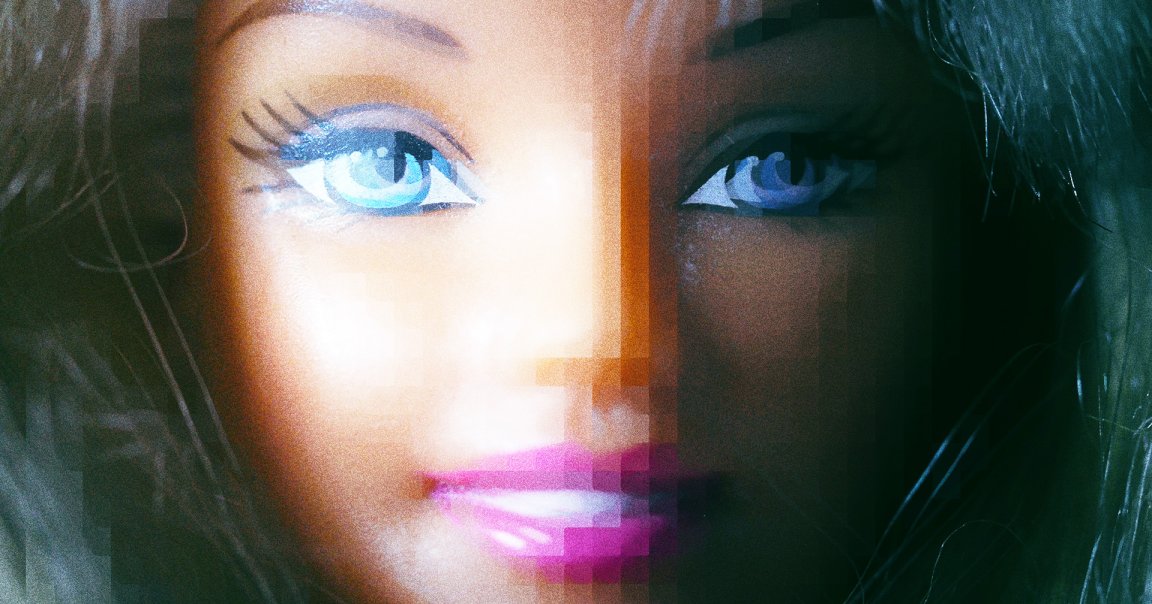
Hey kids! Ready to evoke the rich tapestry of the human experience with your favorite toys by harnessing the power of artificial intelligence?
Mattel, the maker of Barbie dolls and Hot Wheels cars, has inked a deal with OpenAI to use its AI tools to not only help design toys but power them, Bloomberg reports.
Details are scant at this point. In a joint interview, Mattel chief franchise officer Josh Silverman and OpenAI chief operating officer Brad Lightcap said the collab is at an early stage, and declined to comment on what the first product would be.
But Bloomberg did float some ideas. AI could be used to create digital assistants based on Mattel characters, for example. And have you considered that toys like the Magic 8 Ball and games like Uno could be even more interactive with a large language model thrown in there?
“We plan to announce something towards the tail end of this year, and it’s really across the spectrum of physical products and some experiences,” Silverman said, as quoted by Bloomberg. “Leveraging this incredible technology is going to allow us to really reimagine the future of play.”
However it all pans out, it’s a pretty alarming collaboration. Evidence of AI chatbots’ deleterious effects on our mental health has been steadily mounting, with countless friends and family members watching their loved ones become obsessed with ChatGPT and spiral into wild delusions, sometimes with tragic consequences.
It’s especially risky for children. Earlier this year, researchers at the Stanford School of Medicine’s Brainstorm Lab for Mental Health Innovation released an AI risk assessment warning about teens interacting with AI companions, a type of AI chatbot designed to be eerily human-like and personable. Their conclusion? That these aren’t safe for anyone under the age of 18 to use.
Indeed, it’s impossible to ignore the inherent riskiness of a young mind developing an attachment to something that pretends to be real and an actual friend. The most high-profile example comes from the death of a 14-year-old boy last year, who died by suicide after falling in love with a companion on the platform Character.AI. AI models are also notorious for making up facts — or hallucinating — and, more importantly, breaking their own guardrails. An AI may be designed to be safe for kids, but there’s no guaranteeing that it won’t disobey its instructions.
That said, we don’t know the exact details of how Mattel will use OpenAI’s products. But so far, it seems to be heading in a pretty predictable direction. Let’s not kid ourselves here: of course Mattel is going to use AI to make a Barbie doll or what-have-you engage in full-blown conversations with your kid, or sell a Magic 8-ball that spouts even more meaningless but convincing-sounding drivel.
As to the nature of the deal, Mattel’s Silverman said that the toymaker isn’t licensing its intellectual property to OpenAI and will retain full control over the products that’ll be created. In any case, the two companies are anticipating a fruitful relationship. Mattel has been expanding its empire into the realm of entertainment — as heralded by its smash-hit 2023 blockbuster “Barbie,” — while OpenAI is trying to land deals with Hollywood studios to use its AI video generator Sora.
“The idea exploration phase of creative design for companies like Mattel and many others, that’s a critical part of the workflow,” Lightcap said. “As we think about how AI builds tools that extend that capability, I think we’re very lucky to have partners like Mattel that we can work with to better understand that problem.”
Major question marks remain, but above all, this is yet another dispiriting example of how every industry under the sun is forcing AI into its business model for no other reason than it’s the hot new thing, regardless of how much sense it makes or the risks posed by the technology.
More on AI: Lawyers Just Discovered Something About Meta’s AI That Could Cost Zuckerberg Untold Billions of Dollars